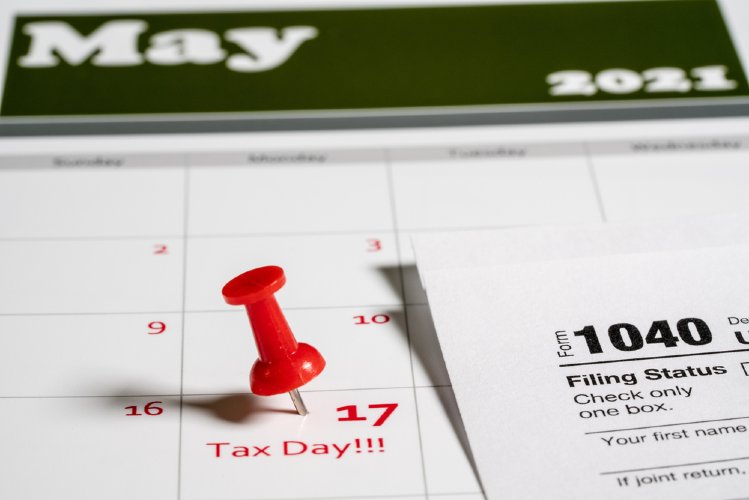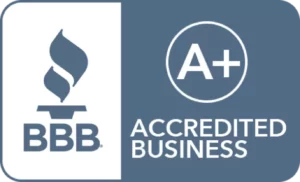Although last year is well in our rear-view mirrors, there is still time to make 2020 IRA Contributions. In fact, the IRS has extended the tax filing deadline until May 17, which means you have even more time to save for retirement. If you weren’t able to max out your IRA savings last year because of the pandemic, you can still put aside money for the 2020 taxable year. This allows you to contribute the full amount for 2021. You will have until Tax Day 2022 (presumably April 15) to max out those contributions.
2020 IRA Contribution Deadline
On March 29, 2021, the IRS announced that it was pushing back the usual April 15 deadline until May. This is welcomed news for may Americans as they deal with the financial fallout of the COVID-19 pandemic. Therefore, if you haven’t filed you income tax return yet this year, you still have plenty of time. Of course, you should work with a tax preparer if you have any issues about your tax obligations.
Apart from filing your taxes, the deadline for making certain retirement plan contributions has been extended. These include both traditional and Roth IRAs, Health Savings Accounts, Coverdells and Solo 401(k) profit sharing contributions.
Although the contribution deadline was extended, there are no other changes regarding limits. You may still contribute up to $6,000 to a traditional or Roth IRA, plus an additional $1,000 if you are at least age 50. This assumes you have earned income for 2020 of at least this much. If you did not have this much in earned income, you may only contribute up to that amount.
The HSA limit for 2020 is $3,550 for self-only coverage and $7,100 for family. There is also a $1,000 catch-up contribution if you are least age 55. For Coverdells, you may contribute up to $2,000 for each qualified child.
Solo 401(k) Contributions
If you are self-employed and utilize a Solo 401(k) plan, you also can contribute to the new deadline. Unfortunately, you can only contribute as the employer, and not the employee. These are known as profit sharing contributions. Depending on the type of income you have, you may contribute up to 20 or 25% of your business income to the plan.
If you are self-employed and have not set up a plan yet, you can do so before you file your taxes (including extensions). This allows you a bit more time to decide if the Solo 401(k) plan is the right option for you.
Conclusion
The extension of the 2020 IRA contribution deadline affords many Americans some more time to put aside money for their retirement. In addition to the 2020 contributions, you may also start making contributions for 2021. It’s expected that Tax Day 2022 will be in April once again. That still gives you a full year to max out your IRA contributions and lessen your tax-bill.
Obviously, many Americans cannot save too much for retirement due to the pandemic. However, even putting just a few dollars aside for the future can add up. The more you contribute and the early you do so, the better off you will be in the long run. It’s best to speak with a financial advisor to help you manage your retirement planning.











